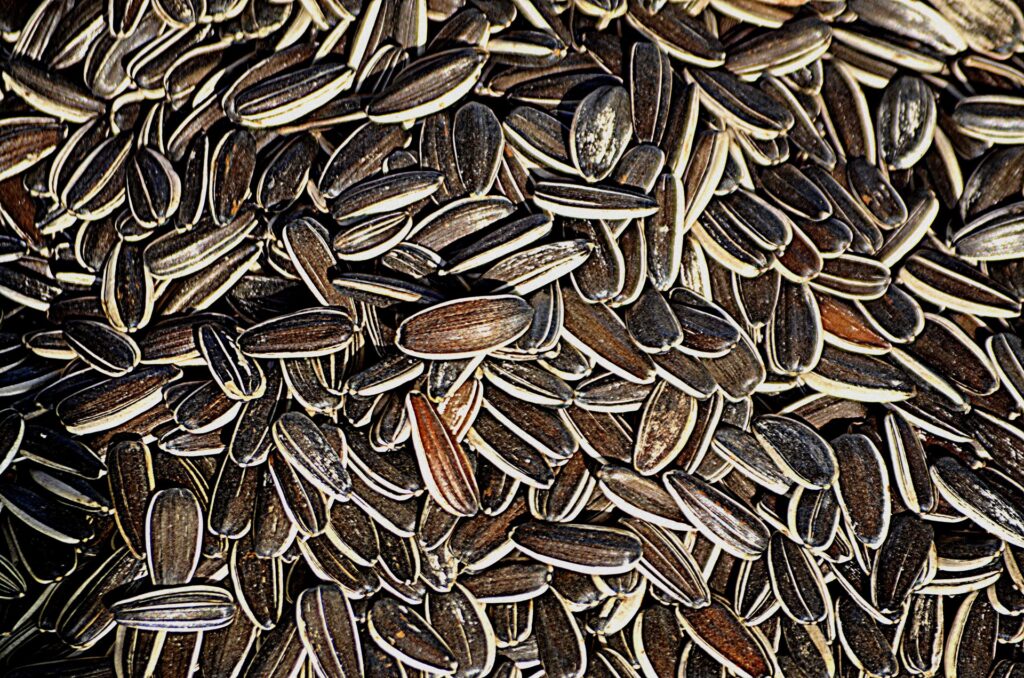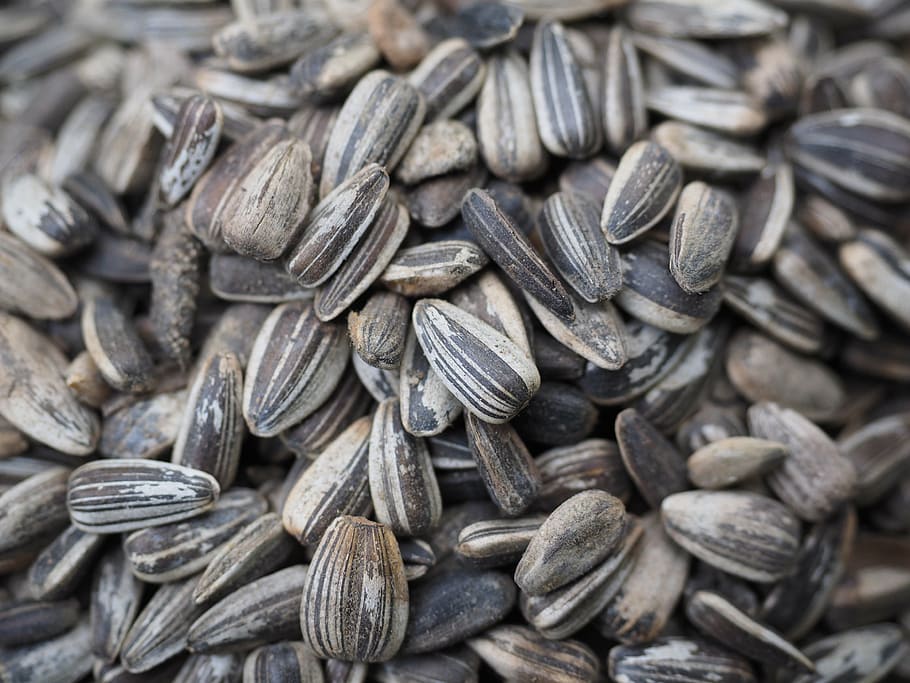

Why Sunflower Seeds Are Good And Why They Should Be Eaten
Sunflower seeds are a compact nutritional treasure that offers a wide range of health benefits. They are a rich source of healthy fats, protein, fiber, vitamins, and minerals. Their nutritional profile, including essential fatty acids and antioxidants like vitamin E, promotes cardiovascular health and strengthens the immune system. Furthermore, their versatility in the kitchen makes them a tasty and convenient addition to a variety of dishes, from salads to snacks.
These seeds, in addition to their nutritional value, are a versatile and delicious option to enhance your meals and snacks. Their mild flavor and crunchy texture make them ideal for consumption on their own or integrated into various recipes. Being naturally gluten-free, they are suitable for various dietary preferences. Additionally, their ease of storage and long shelf life make them a convenient choice to maintain a reliable supply of essential nutrients in your pantry. Consuming sunflower seeds is a tasty and effective way to promote optimal health and well-being through a balanced and nutrient-rich diet.
Direct Benefits Of Sunflower Seeds
1. Nutrient-Rich:
Sunflower seeds are packed with essential nutrients, including vitamins (such as vitamin E and B vitamins), minerals (like magnesium, selenium, and zinc), and healthy fats.
2. Heart Health:
The high content of unsaturated fats, particularly polyunsaturated fats, can contribute to maintaining healthy cholesterol levels, reducing the risk of heart disease.
3. Antioxidant Powerhouse:
Sunflower seeds are rich in antioxidants, particularly vitamin E, which helps protect cells from oxidative damage.
4. Good Source of Protein:
They provide a good amount of plant-based protein, making them a valuable addition to vegetarian and vegan diets.
5. Fiber Boost:
Sunflower seeds are a good source of dietary fiber, which supports healthy digestion and can help regulate blood sugar levels.
6. Mineral Support:
They are a natural source of essential minerals like magnesium, which is crucial for muscle and nerve function, and selenium, which supports thyroid function and acts as an antioxidant.
7. Skin Health:
The combination of vitamins E and B in sunflower seeds can contribute to healthy, glowing skin.
8. Weight Management:
The combination of fiber, protein, and healthy fats in sunflower seeds can help promote feelings of fullness, which may aid in weight management.
9. Versatile Snacking Option
Sunflower seeds can be enjoyed on their own as a nutritious snack or added to a variety of dishes for extra flavor and nutrition.
Brief History
Originating in North America, sunflower seeds have a fascinating history dating back over 3,000 years, cultivated and consumed by native tribes. European explorers introduced this botanical marvel to the Old World in the 16th century, initially esteeming it as an ornamental plant. However, by the 19th century, its commercial viability was recognized, leading to large-scale cultivation. Today, sunflower seeds are esteemed globally, revered for their rich nutritional profile and culinary adaptability.
With its roots in North America, sunflower seeds were initially sowed and savored by indigenous tribes millennia ago. Its transatlantic journey in the 16th century heralded it as an ornamental gem in Europe’s eyes. Yet, by the 19th century, its economic potential bloomed, prompting extensive cultivation. Now, sunflower seeds stand as a cherished global fare, cherished for both their nutrient density and gastronomic versatility. This journey through time illuminates the remarkable evolution of a humble seed into a treasured culinary asset.

Ways To Consume Sunflower Seeds
- Roasted and Salted: Spread the pumpkin seeds on a baking tray, drizzle them with a little olive oil, and sprinkle with salt. Then, roast them in the oven at 160°C for about 10-15 minutes until they are golden and crispy. They make a tasty and healthy snack!
- Added to Salads: After toasting them, you can sprinkle the pumpkin seeds on a salad to add a crunchy and nutritious touch. They particularly pair well with green leafy salads, quinoa, or even fruit salads.
- In Muesli or Granola: Add the pumpkin seeds to your muesli or granola mix before baking. This will bring an extra flavor and nutrients to your breakfast.
- As a Topping for Soups and Stews: Sprinkle toasted pumpkin seeds over creamy soups or stews for a crunchy touch. This adds texture and flavor to your hot dishes.
- As an Ingredient in Breads and Cookies: Incorporate the pumpkin seeds into the dough for bread or cookies before baking. They not only add an interesting texture but also a unique flavor and extra nutrition to your baked goods.
